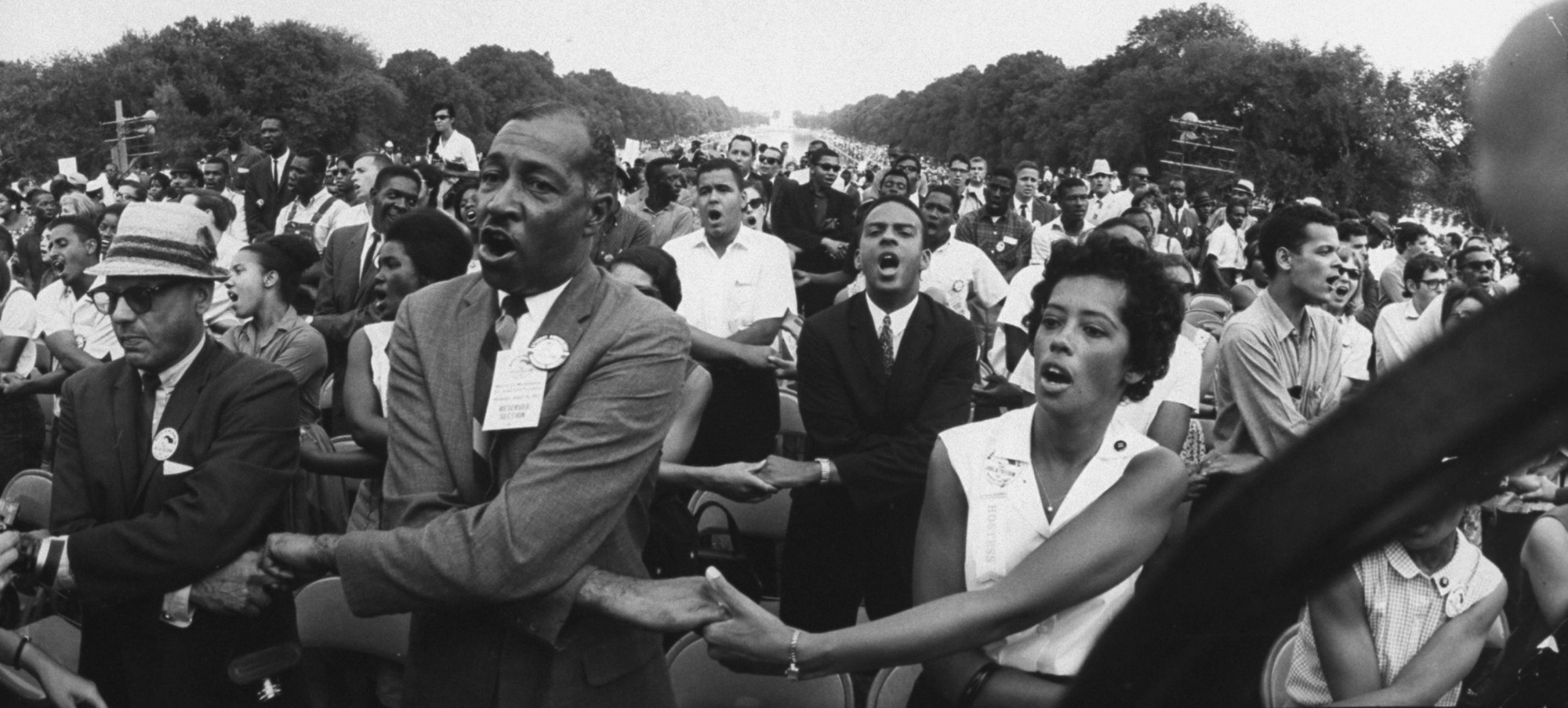The “trust barrier” is the major obstacle hampering the establishment of a large-scale, self-reliance-based resource-pooling fund that can have a transformational impact in addressing urgent problems in our distressed communities. Even black churches are losing trust and credibility among many African Americans. There would be no “trust barrier,” however, if, for instance, five or more of the most respected African Americans got together to start a fund and hired a few highly competent people to run it.
A fund backed by such an ideal “dream team” is unlikely or infeasible (but not impossible!). The more likely way it will happen: a few visionary, motivated, and accomplished entrepreneurs who have solid, unblemished reputations, armed with a sound and credible business plan, convince some less well-known but equally highly-regarded people to back the fund.
Such backing need not even be financial: by virtue of their strong reputations, relationships, and public standing, just lending their credibility, prestige, gravitas, and imprimatur to the fund will provide it with the instant credibility it needs to be able to attract contributions from large numbers of African Americans even at start-up. This is the most likely way a potent large-scale fund will get established.
……
As discussed in the BlackProgress.com article, Financing Black Progress, Part 1: A Publicly Financed “Marshall Plan” Is Unrealistic, So What’s the Alternative? A “Self-Reliance Marshall Plan”?, given the current noxious and racially-charged political environment — in which even the reasonable and very modest American Jobs Act remains stalled in Congress — waiting for massive public investment in initiatives that can transform distressed communities of color is largely futile.
And there is no indication this situation will change in the near future. Regardless of who is president and whether or not Democrats retain control of the Senate and/or retake the House in 2013, Congress will most likely remain closely divided, highly polarized and acrimonious, and is unlikely to pass any legislation to fund, on a substantial enough scale, the types of initiatives that can sufficiently meet the dire needs of these communities.
Rather than simply standing by helplessly and wringing our hands while Congress remains gridlocked and yet another generation of children in distressed communities remains trapped in poverty and dysfunction, we must focus on organizing proactive self-reliance approaches to transform our own communities.
By pooling our resources on a large enough scale, we would be able to amass sufficient capital to adequately attack the most critical problems in our communities, especially with respect to education, entrepreneurship and business development, job creation, and wealth-building. The BlackProgress.com article, Financing Black Progress, Part 2: A Self-Reliance “Marshall Plan”: Creating a National Resource-Pooling Fund, discusses such a resource pooling effort–a National Ventures & Excellence Fund or “EXCEL Fund”. Continue reading
